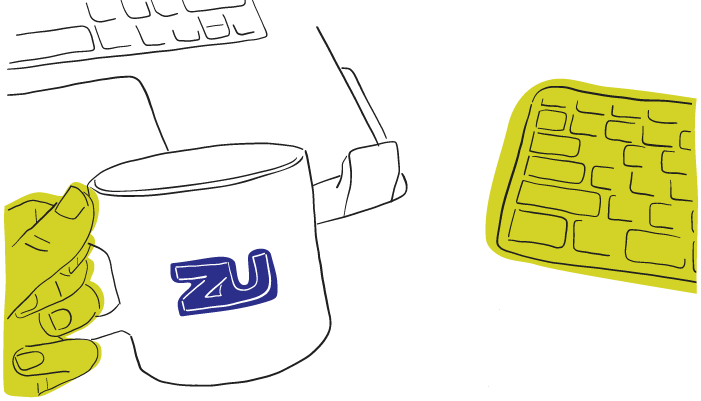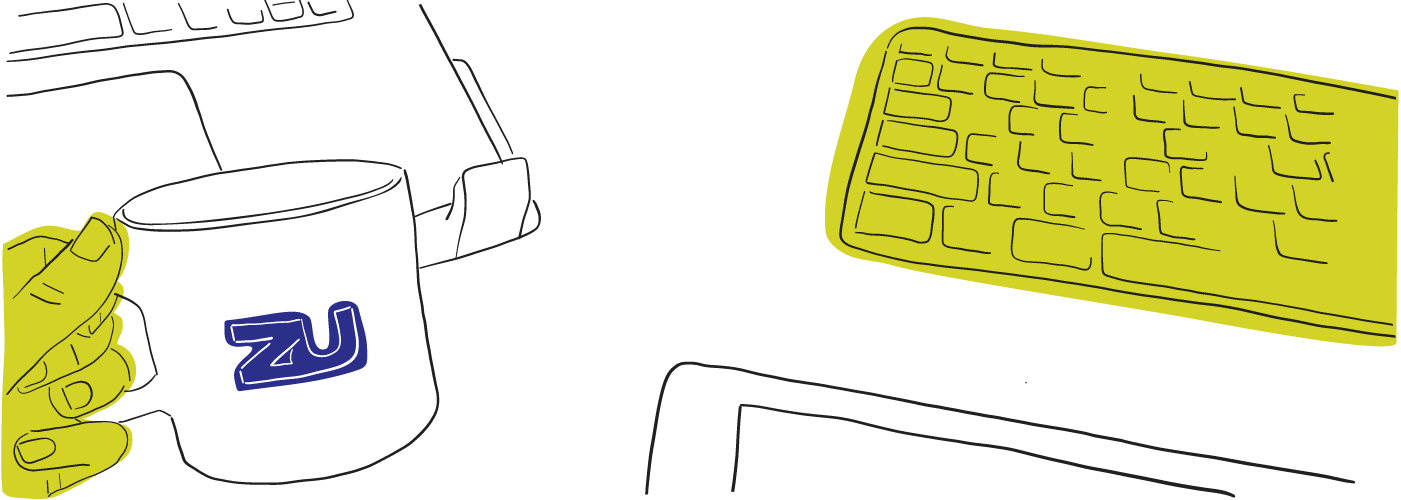

DrupalCon 2015: a Drupal beginner's perspective
DrupalCon 2015: a Drupal beginner's perspective

Michael
Hébert
Developer
Developer
I recently had the opportunity to attend DrupalCon 2015 in Los Angeles along with two other web developers from zu. DrupalCon is a conference that brings together thousands of people from across the globe who use, develop, design, and support Drupal. Drupal is open source software developed and maintained by a community of over 1,000,000 users and developers. The main purpose of the conference is to unite in celebration to gain new skills, new friends, and advance the Drupal project.
Highlights
The first day of the conference was dedicated to all-day workshops on specific topics. The one I chose to attend was “Behavior-Driven Development with Behat,” a workshop aimed to help web developers get started with the process of behavior-driven development (BDD) in PHP, using the Behat toolkit with Drupal-specific extensions. The trainers, from Promet Source, did a good job presenting the theory, but lost a bit of time and momentum in the hands-on portion due to difficulties with class inheritance and extension. Nevertheless, I was excited to have been introduced to Behat and looked forward to go back and see how we could use this tool and more of a BDD approach on some of our projects.
The next three days started with a keynote, followed by educational sessions divided into eleven tracks. I was mostly interested in the Front End track sessions, but tried to pick the ones that would be the most interesting and beneficial.
The keynotes were both informative and entertaining. The first one was by Dries Buytaert, the Drupal project founder. As a Drupal novice, I found it very interesting to get an overview of its history and how it grew from a project that one individual started, to a significant open source project, movement and community. The second keynote was by Whitney Hess, leadership coach, writer and speaker. While not specifically about technology or web development, her talk was aimed at helping people bring their whole selves to their work, so it was completely applicable. It was fascinating to learn about concepts such as emotional intelligence, and explore the different areas of emotional awareness and management both within ourselves and with others, as well as how to strive to “Be Integral”. Cultivating qualities such as presence, adaptability, empathy, and influence will then lead us to be more effective in our work and ultimately, more successful. The last keynote was by Matt Asay, Vice President, Mobile at Adobe. He gave an interesting overview of the phases of open source and how that relates to Drupal and its open source community.
My takeaways
Without delving into too much detail on each of the sessions I attended, there were a number of important takeaways:
- Drupal 8 is going to be a game changer. Everyone is excited about significant improvements made in a number of areas, such as theming, accessibility, and Web Services, to name a few. See more here.
- Drupal is more than just a product, it’s a project that a community of users can contribute to. The importance and extent of this was a bit of a surprise to me. Even as a Drupal beginner, I didn’t feel like I was just a guy there to learn some stuff, but rather as an individual welcomed to be part of something bigger. There’s even an association dedicated to helping the open-source Drupal CMS project flourish.
- There is a lot of talk about terms like “decoupling”, “Headless Drupal”, and “Web Services”. Imagine if a website redesign and a CMS upgrade could be completely independent? That’s the way of the future.
- Front-end: task runners, pre-processors, component-based design and web development, automatic testing, CSS and JavaScript frameworks, SVGs, style guides: all things that web developers should be familiar with and consider adding to their toolsets, techniques and processes if they haven’t already, not only to keep up with our peers and competition, but to reap the benefits in efficiency, reliability and performance.
Overall, I think the conference was very well-organized and definitely worth attending. In addition to further advancing and developing my knowledge about Drupal specifically, as well as front-end and other related technologies, it was also an opportunity to discover the community around it, and gain different perspectives about the industry and the past, present and future of web development, in which Drupal is positioned to play a major role.

